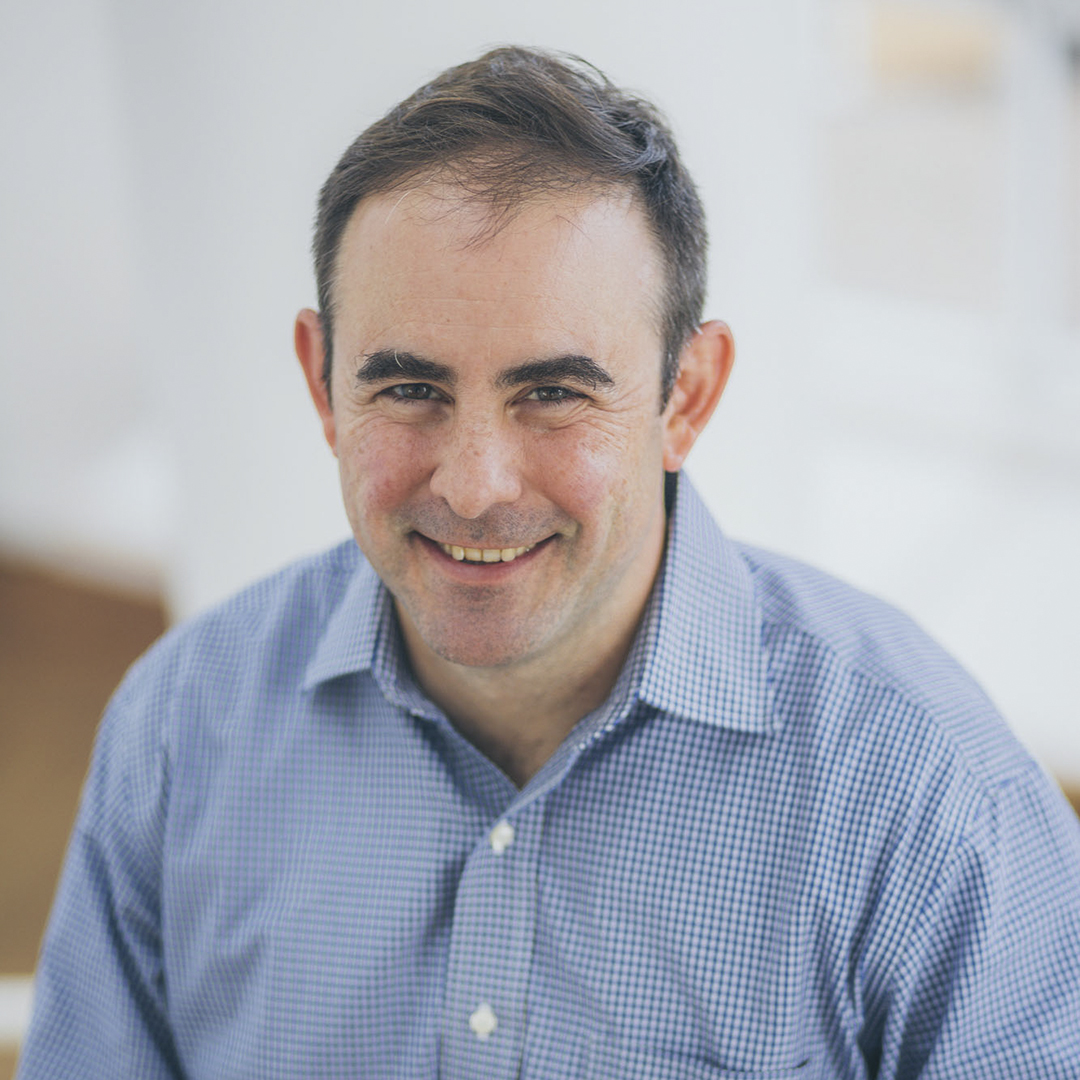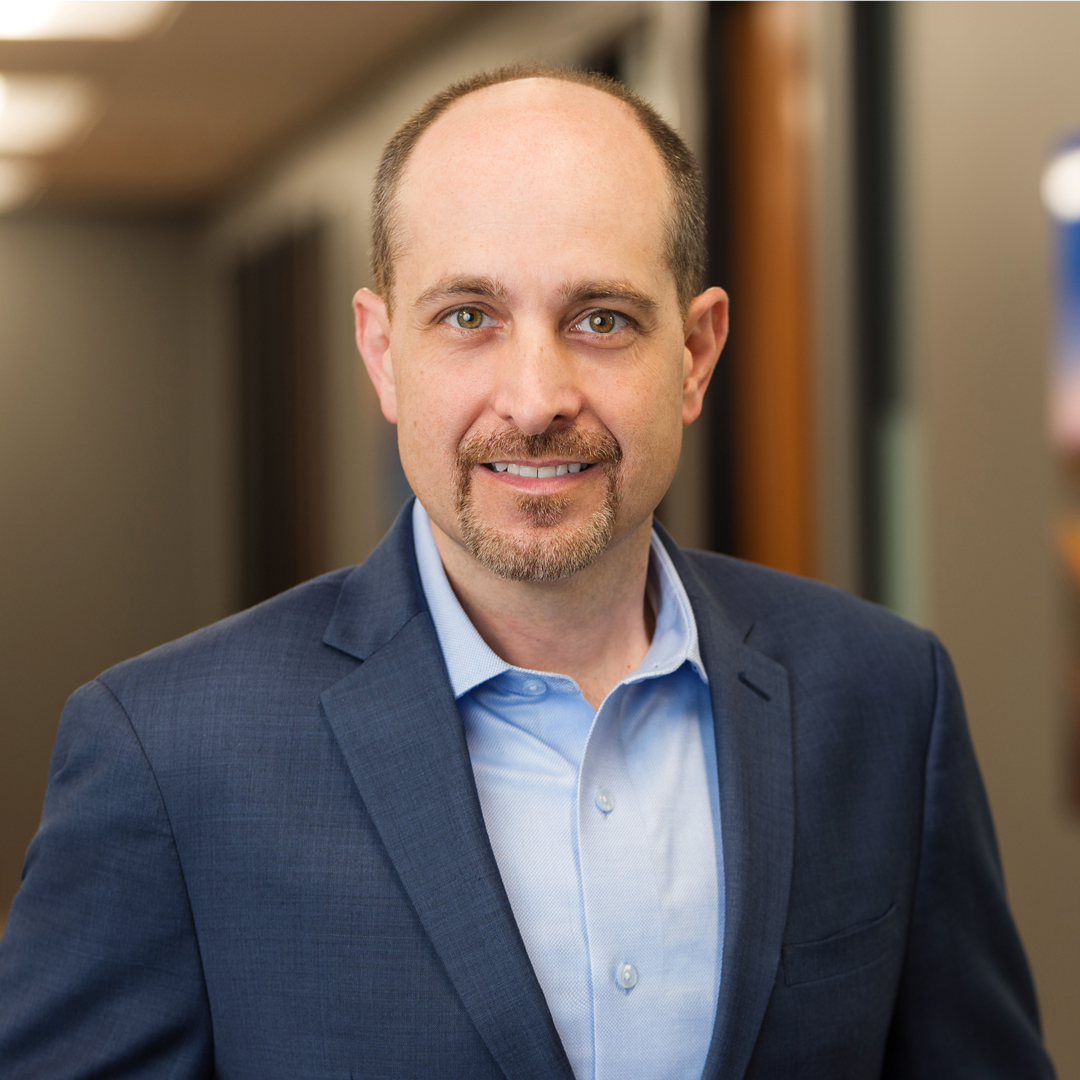Estrella Parker has always wanted to make an impact. Throughout her career, she has moved forward with the aim of using her talents, skills, and education to solve world-class problems. And today, as chief human resources officer at Satellite Healthcare, Parker has certainly fulfilled her goal.

When Parker first started out in her career, she actually had no thought of working in human resources. After graduating from the University of the Philippines with a degree in computer science, she earned an MBA at the University of California, Los Angeles-The Anderson School of Management and worked as a senior consultant at Gemini Consulting. But just a few years later, when Parker had transitioned to a role at Prudential Insurance, her career trajectory changed forever.
“The president of the division at the time, who was very forward-thinking, decided to build an in-house HR function,” Parker recalls. “She wanted to take a different perspective on the traditional HR department, so she asked me to step in and run it.” Ever since then, Parker has used her tech- and business-centered background to innovate and disrupt the HR field. “It’s not about being defined by the field,” says the CHRO, “but what I can do to truly make a difference.”
At Satellite Healthcare, Parker serves as the general manager of company’s HR function. She is also a member of the executive team that finds strategic ways to grow, expand, and live the company’s mission. In addition, Parker is a member of the executive leadership committee for the National Kidney Foundation, a major nonprofit organization committed to kidney disease prevention and the support of people living with kidney disease in the United States.
One of the nation’s leaders in care and treatment for kidney disease, Satellite Healthcare’s mission is “very simple,” Parker says. “Our mission is to make life better for those living with kidney disease because when people come to us, they’re telling us they want to live.” But Satellite takes a broad view of the term “life,” Parker emphasizes. They don’t just want to help patients live longer—they want to help them enjoy healthier, happier lives even while living with a serious chronic condition.
“Our employees strive to truly get to know each patient,” Parker says. “We work with them to individualize treatment as much as possible so they can live a life that’s meaningful to them.” For many patients, Parker explains, that extra care makes all the difference in the world.
“We had a patient worried about losing his job because of the twelve hours a week he needed to spend at the dialysis center,” Parker recalls. “We asked him if he had ever considered home dialysis, which offers a lot more schedule flexibility. He said, ‘No, nobody ever told me about home dialysis!’ It’s about finding different modalities and creative solutions so that people can still do the things they want to do.”
“It’s not about being defined by the field but what I can do to truly make a difference.”
In addition to an individualized, empathetic approach to patient care, Satellite Healthcare strives to increase public awareness about kidney disease, Parker says. “Unlike cancer or heart disease, kidney disease has never had much public attention,” she notes. “That’s despite the fact that one out of every seven Americans is living with kidney disease, and that 90 percent of those with the disease don’t even know they have it.”
Increasing awareness means more people will get tested for kidney disease. Early detection and treatment can slow the progression of the disease and the need for treatment. More awareness also means greater choice for patients when treatment is needed. “Too many patients ‘crash’ into dialysis,” Parker says. “They didn’t know the signs. Their kidneys fail and they begin dialysis in the hospital. Early stage kidney disease healthcare smooths the transition to a treatment option that works best for the patient, whether that be preemptive transplant, home dialysis treatment, or in-center dialysis. If we can avoid the medical emergency, we can help patients adjust to their life on treatment in a more supportive, holistic way.”
Satellite Healthcare’s mission is unquestionably meaningful, but as Parker says, it wouldn’t mean nearly as much if the organization didn’t execute that mission with an abiding sense of compassion, empathy, and love. That’s what keeps patients coming to Satellite, and that’s what keeps people like Parker working there.
“We have an environment that helps us really live our values,” Parker says. “So, it’s very natural and easy for me to thrive here and be an advocate despite any challenges we face along the way.”
A Personal Mission
Part of what makes Parker so passionate about Satellite Healthcare’s commitment to educate the public about kidney disease is the memory of her cousin, who was diagnosed with kidney failure when she was in her early twenties. “She’s my hero, my inspiration,” Parker says of her cousin. “At the time, I didn’t understand much about what was happening. Until I joined the Satellite team, I didn’t realize all that can be done to help make life better for people living with the disease. It’s been very fulfilling to be able to give something back.”


